- Tech Rundown
- Posts
- 🔥 The OpenAI Playbook: Why Tech's Biggest Deals Now Happen at Private Retreats
🔥 The OpenAI Playbook: Why Tech's Biggest Deals Now Happen at Private Retreats
Why paid ads stopped working and what's replacing them
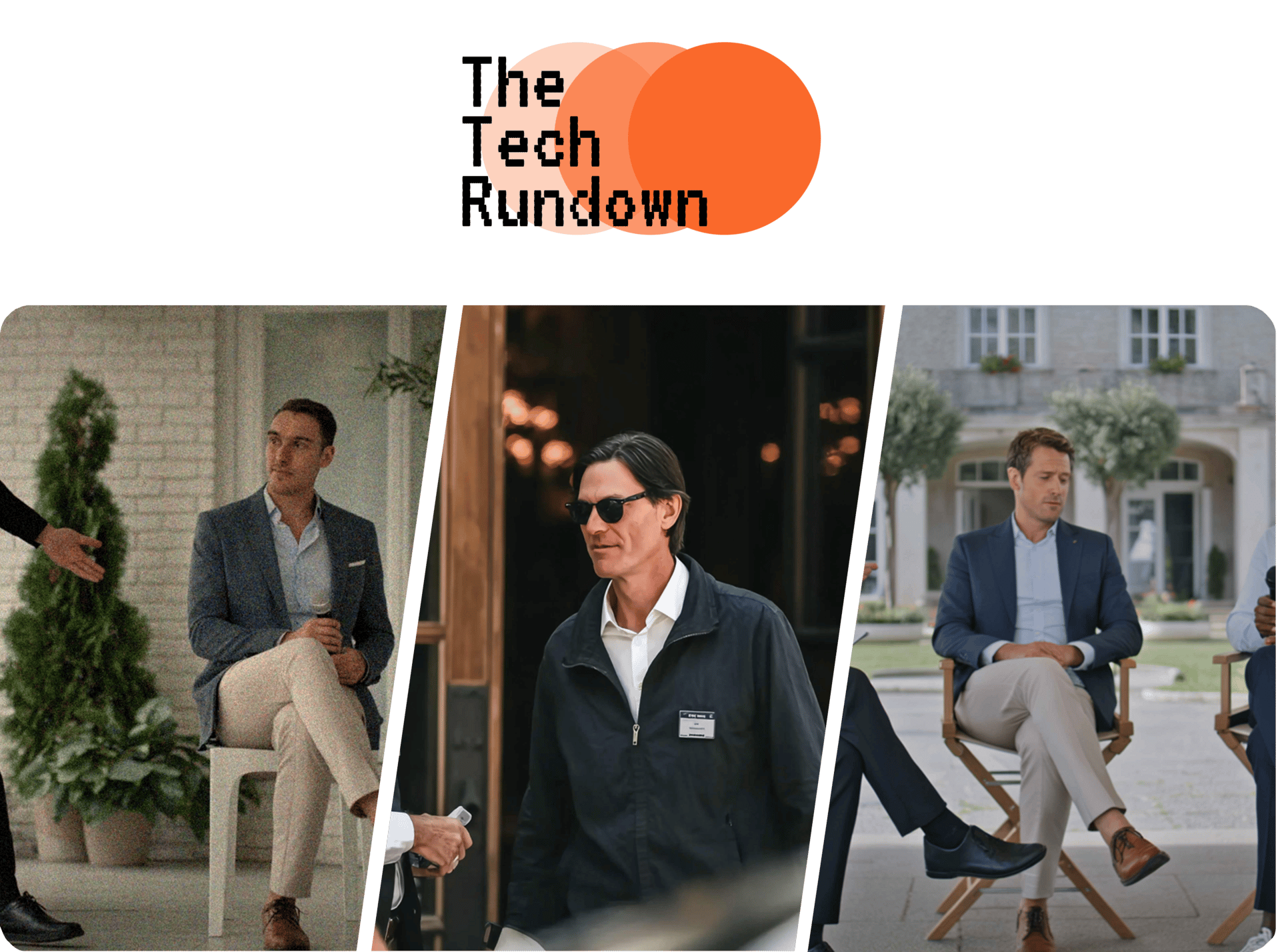
Last week I came across this super interesting article from one of my favourite journalists, Bridget, on an event she was invited to by Pricepoint. However, I thought the piece missed the most interesting story, and the implications on demand generation in B2B SaaS as of Q1 2026.
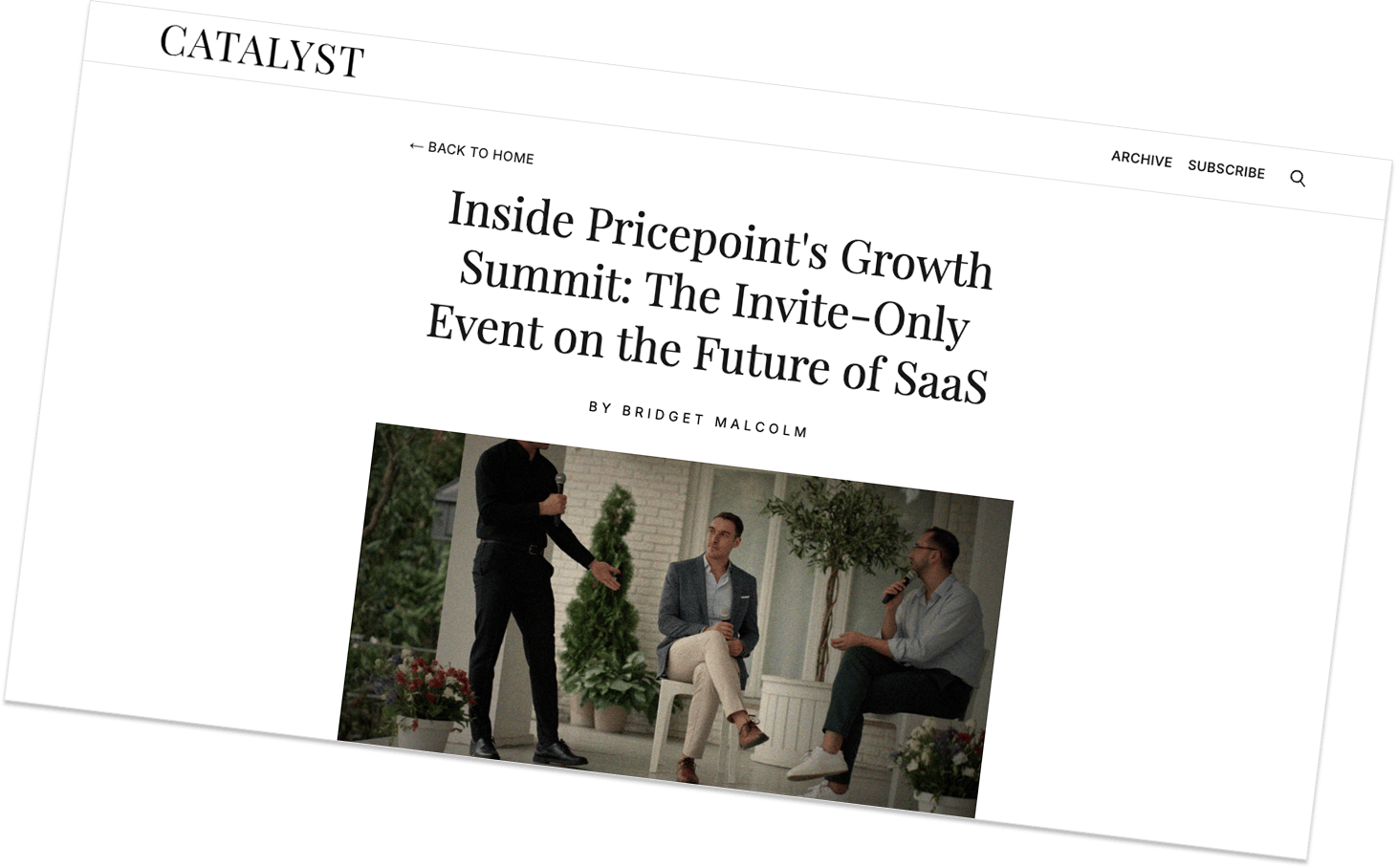
Pricepoint Partners, a B2B SaaS growth consultancy, spent this week at a rented château in Italy with their clients and industry executives, mixing padel matches with panel discussions about customer acquisition. The three days combined dealmaking and networking with live product demonstrations, Pricepoint's team built automated lead scoring systems and personalized outreach sequences for attending companies during the retreat itself.

Topics ranged from lead generation tactics to AI workflow automation, but one recurring theme kept surfacing: how do you price products when AI makes building software products increasingly straightforward but is handling more & more work?
Some companies are becoming commodities whilst others seem to be effectively capturing the labor spend directly, positioning their products not as software tools but as replacement for human work, like our feature on Crosby's approach to an AI-powered law firm.
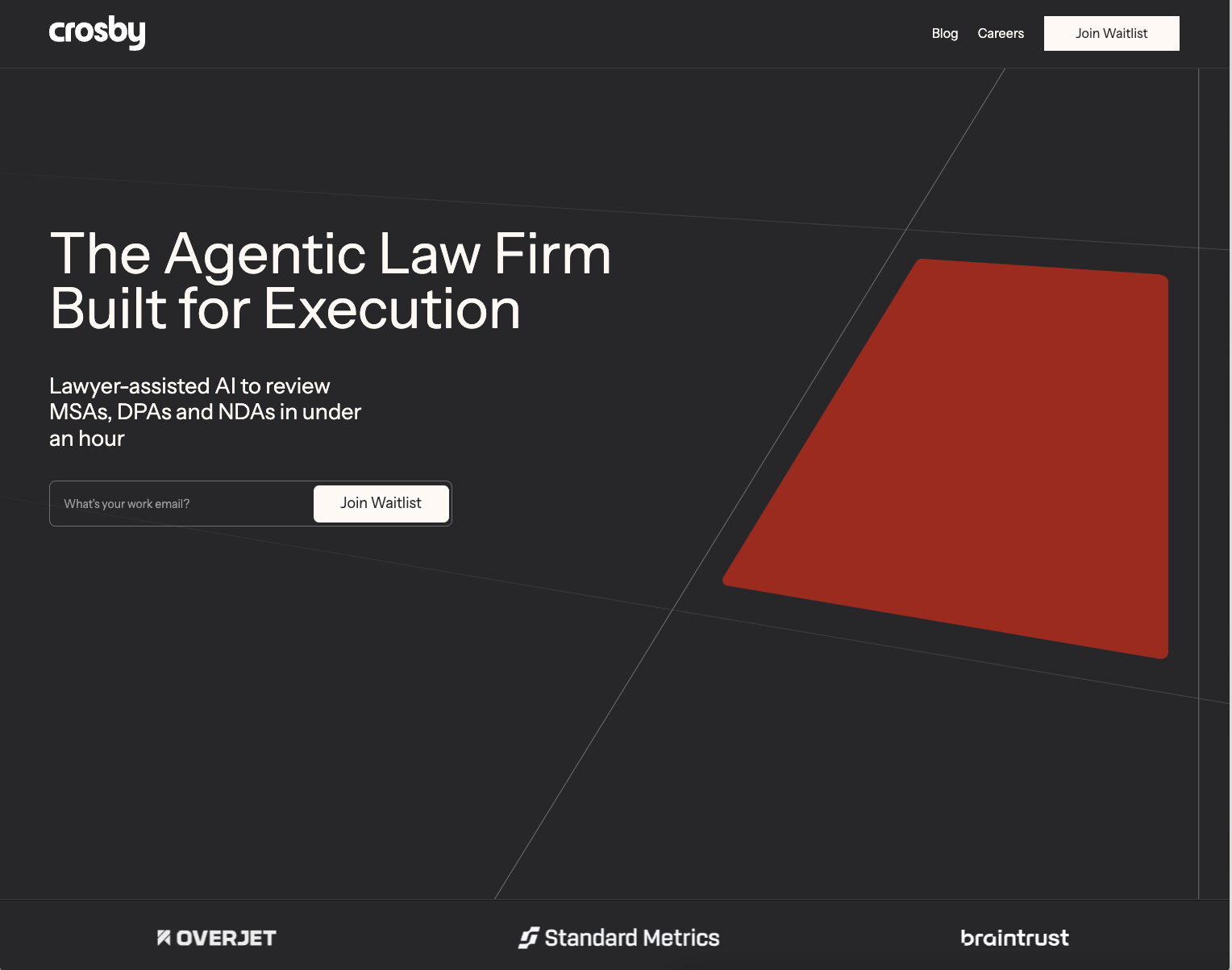
This question matters because it reveals something about where B2B SaaS growth is heading. The old playbook: gated whitepapers, marketing automation, LinkedIn ads, generates diminishing returns. A VP of Marketing recently noted that what actually works now includes "smaller in-person events" "CEO as chief marketer," and "relentless PR to become the category leader". The château retreat fits squarely into this shift. Three days of shared problem-solving in Tuscany seems to generates more qualified pipeline than most companies see from a quarter of automated email campaigns.

But the more interesting development was Pricepoint building functioning systems during the event. Growth consulting has traditionally meant strategy documents and frameworks. Now consultants are writing code. The firms that survive will be those that can implement what they recommend, build the automated workflows, set up the attribution models, ship the personalization engines. Advising without implementing increasingly looks like half a solution.
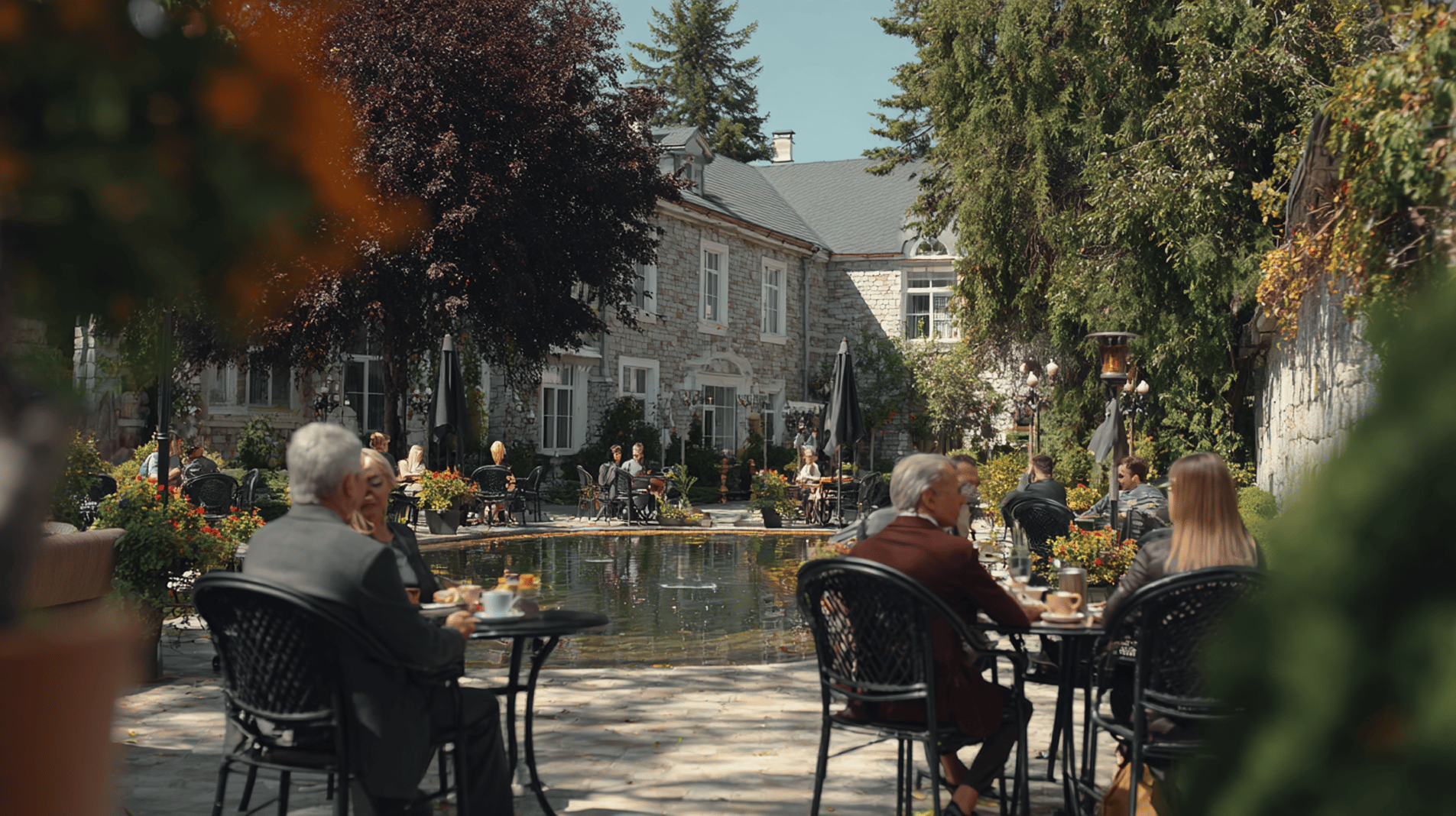
The format also reveals how B2B software companies are actually finding clients and acquisition targets. Not through investment bankers or formal processes, but through informal conversations at exclusive events where people let their guard down enough to share real metrics and problems.
OpenAI exemplifies this shift, they've secured $1.5 trillion in compute agreements without traditional bankers and completed half a dozen acquisitions (Global Illumination, Rockset for $200M, Io by Jony Ive, Context.ai, Statsig, Sky, Roi etc) all through direct relationships rather than investment banking processes.


Several companies left the château with functioning automation systems built during the retreat. Others left with handshake agreements on partnerships that will be formalized in the coming weeks.
What makes this fascinating is the contrast between what these companies discuss and how they actually grow. Sessions on "artificially replicating organic buzz" and "viral adoption" at an invite-only château in Italy. Everyone wants the scalable, low-CAC growth of a PLG darling, but they're achieving growth through decidedly unscalable methods: exclusive events, personal relationships, custom-built GTM solutions.

The AI workflow automation discussions point to another shift. As base-level software functionality becomes trivially easy to build, differentiation moves up the stack. Companies aren't competing on features anymore, everyone can build those. They're competing on implementation speed, on knowing which workflows actually drive revenue, on having the relationships that turn into distribution partnerships.
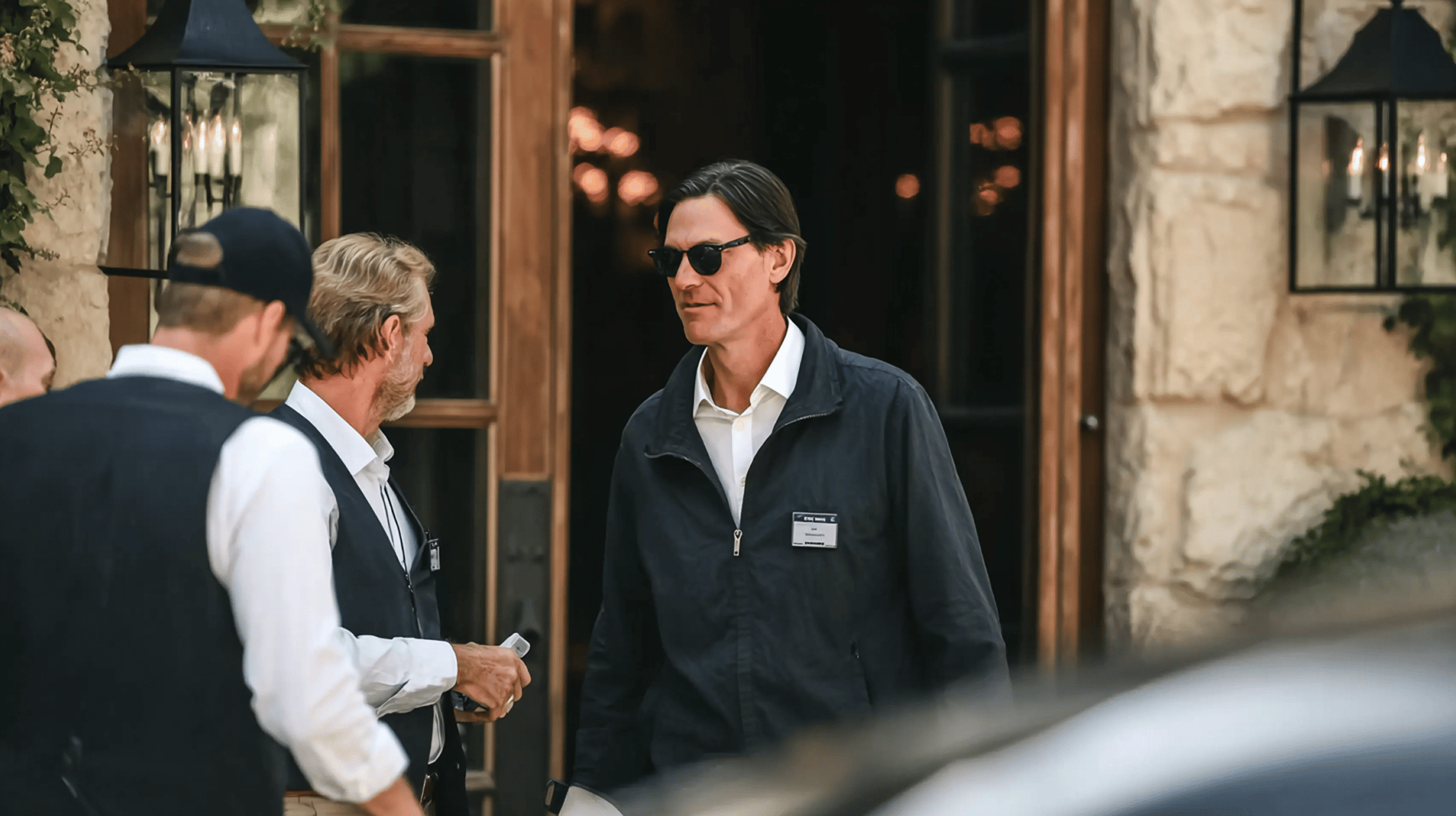
Pricepoint building these systems live demonstrates this perfectly. The value isn't in knowing how to build, but in actually building it, quickly, correctly, integrated with existing systems.
For Pricepoint, the château serves multiple purposes. Client retention through exclusive experiences, new business development through demonstrations of capability, and positioning as the growth partner that actually ships code rather than just strategy decks.

The broader implication is that B2B SaaS growth is bifurcating. On one side, the promise of AI-powered, infinitely scalable, zero-touch growth. On the other, the reality of relationship-driven, high-touch, implementation-focused growth. The companies gathered in that Italian château are clearly betting on the latter.
Missed OpenAI? The Clock Is Ticking on RAD Intel’s Round
Ground floor opportunity on predictive AI for ROI-based content.
RAD Intel is already trusted by a who’s-who of Fortune 1000 brands and leading global agencies with recurring seven-figure partnerships in place.
$50M+ raised. 10,000+ investors. Valuation up 4,900% in four years*.
Backed by Adobe and insiders from Google. Shares at $0.81 until Nov 20 — then the price moves. Invest now.
This is a paid advertisement for RAD Intel made pursuant to Regulation A+ offering and involves risk, including the possible loss of principal. The valuation is set by the Company and there is currently no public market for the Company's Common Stock. Nasdaq ticker “RADI” has been reserved by RAD Intel and any potential listing is subject to future regulatory approval and market conditions. Investor references reflect factual individual or institutional participation and do not imply endorsement or sponsorship by the referenced companies. Please read the offering circular and related risks at invest.radintel.ai.

